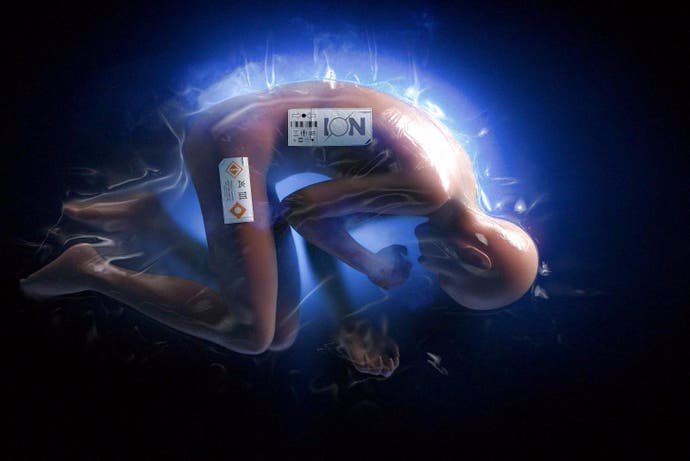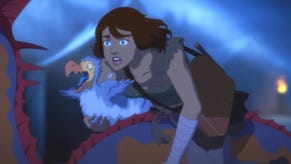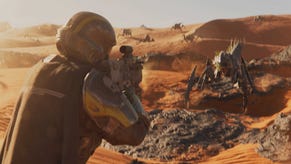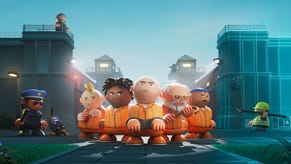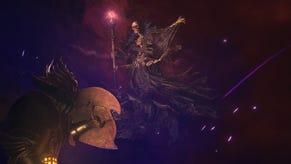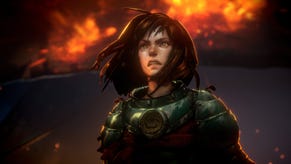Ion, the space survival game by Dean Hall and Improbable, is dead
"Look, games get paused, cancelled, pulled back all the time..."
There is no bigger stage to announce a video game on than a platform holder's E3 press conference, and in 2015, Dean Hall, creator of DayZ, stepped onto Microsoft's stage to announce his new game Ion.
"I want a game that is not a game," he said. "I want a game that is a universe. A universe built not on scripts or quests, but on the laws of physics, biology, and chemistry. A simulation MMO that explores mankind's expansion into space; the chance to be a pioneer in a harsh universe swamped with the risk of death yet peppered with the havens of fortune."
It was a prototype Hall said he had been working on for a year, and would be a collaboration between RocketWerkz, Hall's studio in New Zealand, and Improbable, a company with an ambitious SpatialOS game engine, in London.
A trailer blurb for Ion read:
From the creator of DayZ and inspired by the cult favourite Space Station 13, Ion is an emergent narrative massively-multiplayer online game in which players will build, live in and inevitably die in huge floating galactic constructions as humanity makes its first steps colonising the universe.
Technology from Improbable allows Ion to have a massive interconnected universe with fully simulated environments such as power grids, air pressure and heat - all to help stave off the unending vacuum of space.
Ion was to come first to PC and the Xbox One Game Preview Program. No release date was announced.
Then the lines went dead. 2015 ended; nothing. E3 2016 rolled around; nothing. 2016 ended; nothing.
RocketWerkz released a VR game called Out of Ammo, announced a mysterious big new multiplayer game, and is teasing a game reveal for game show EGX Rezzed in London at the end of the month. None of them are Ion.
Improbable has partnered with Google to heavily subsidise the SpatialOS engine, and in press releases mentions SpatialOS games such as Worlds Adrift and Lazarus (skip to 01:10:00) - but not Ion. What gives?
After weeks of investigation, and with comments from both parties involved, I can tell you Ion is dead.
Here's Improbable:
"Ion was initially conceived as a project for co-development between Improbable and RocketWerkz. A lot has changed since then," the statement, sent to Eurogamer, read. "Dean Hall moved back to New Zealand from London, RocketWerkz has started work on a number of other games, and we have grown increasingly into a platform for games to be deployed on.
"We can definitely say that Improbable is not currently working on Ion. However, we have not previously commented on and cannot now comment on RocketWerkz' current or future plans.
"We are focussed on making SpatialOS available to developers, and supporting developers such as Bossa Studios and our SpatialOS Games Innovation Program partners as they make games on our platform. We currently have no plans to develop or release a game ourself."
Here's Dean Hall:
"We're not actively working on Ion, no," he told me in an interview. "I am not involved in that, no. Nor is RocketWerkz studio in New Zealand."
I asked him how long Ion had not been an active project for him and he said since he moved back to New Zealand in August-October last year.
"When I look at Ion," he added, "Ion could only happen with a company like Improbable, with the scale of technology like that, and that's not a game we could do alone."
With the collaboration at an evident end and Improbable having "no plans to develop or release a game ourself", Ion's fate, then, appears sealed.
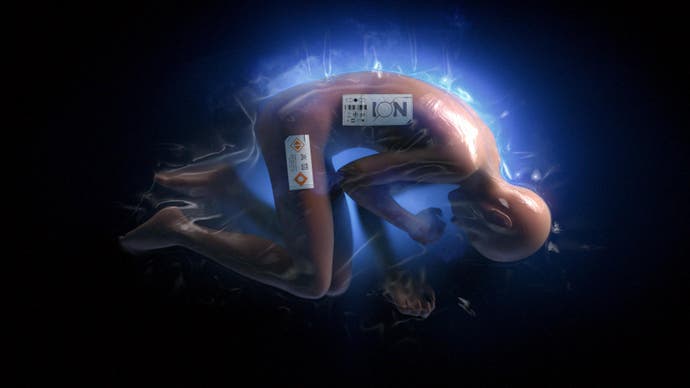
What went wrong with Ion is harder to pin down. Improbable wouldn't speak beyond the statement it sent, and Dean Hall was cagier than I have ever heard him, even though he knows the blame may be levelled at him, both as the person who announced the "game that is not a game" ("I will never live that down") and as the person whose career was both made by DayZ and tarnished by it.
"You know me, I don't like not saying anything," he said, "but I have to be cautious because you can be very disrespectful, and I certainly don't want to be disrespectful to anybody. I'm definitely of the opinion that you don't deflect blame to someone else simply because it falls at you. There was a phrase I heard often in the military, 'It went wrong and you were there.' Look, games get paused, cancelled, pulled back all the time in the industry. The reason why people don't announce this stuff is because what's the value in it?"
Hall did suggest, however, he decided to walk away from Ion because he realised he would prefer to work on games RocketWerkz controls itself.
"The whole idea of setting up RocketWerkz was to try a lot of different stuff," he said. "Part of what we were doing with RocketWerkz in the early days was experimenting around and saying well how do we want to make games? Do we want to focus on partnering, do we want to look for other people to do technology? And the decision we've made is to very much focus on the projects we control in their entirety ourselves."
He added: "I'd far rather people were pissed off I didn't release something than I release something I wasn't happy with and try to take money from them. That's the most important thing."
RocketWerkz is coming up to its second birthday and now numbers 40 people. Besides the games mentioned above, RocketWerkz is also making a follow-up to Out of Ammo subtitled Death Drive to Italica. It's due in the early part of this year.
